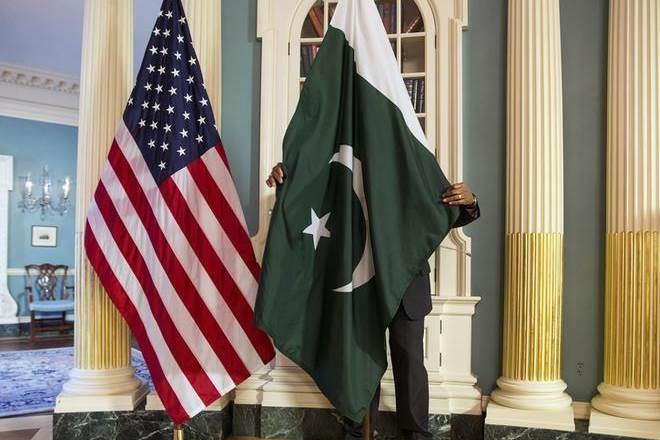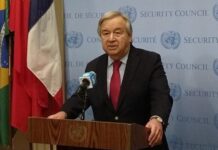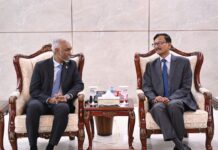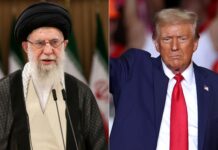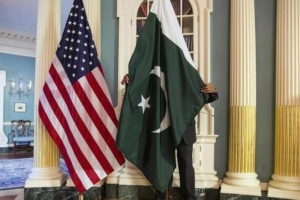 WASHINGTON: Pakistan is not complying with the UN Security Council resolutions on sanctions against terrorists, the US has said amid reports that it is spearheading an effort along with India to get Islamabad included in an international terrorist-financing watchlist.
WASHINGTON: Pakistan is not complying with the UN Security Council resolutions on sanctions against terrorists, the US has said amid reports that it is spearheading an effort along with India to get Islamabad included in an international terrorist-financing watchlist.
The remarks by a State Department official came ahead of a crucial Financial Action Task Force (FATF) meeting in Paris from February 18 to 23.
“The US has consistently expressed our long-standing concern about ongoing deficiencies in Pakistan s implementation of its anti-money laundering/counterterrorism finance (AML/CFT) regime,” a State Department Spokesperson told PTI.
“In addition to broader systemic concerns, this also includes Pakistan’s non-compliance with its commitments under UN Security Council Resolution 1267,” the spokesperson said.
This is probably for the first time that the US has come out in the public accusing Pakistan of not in compliance with the resolutions of the UN Security Council.
The UN Security Council resolution asks member countries to freeze the assets of, prevent the entry into or transit through their territories by, and prevent the direct or indirect supply, sale and transfer of arms and military equipment to any individual or entity associated with Al-Qaida, Osama bin Laden and/or the Taliban as designated by the Committee.
The US official was responding to questions on a statement by a top Pakistani official that Trump Administration has approached the FATF to place it on a grey list.
The US and India are spearheading an effort to get Pakistan included in the watchdog’s international money-laundering and terror-financing ‘grey list’, reports from Pakistan said.
“The February Plenary of the intergovernmental Financial Action Task Force (FATF) will be determining appropriate next steps regarding Pakistan,” the spokesperson said.
The spokesperson said that the FATF discussions were confidential and there would not be any publicly released information until any decision over the issue.
“Confidentiality of the FATF internal deliberations and documents are very important and core to the deliberative process,” the spokesperson said.-PTI

